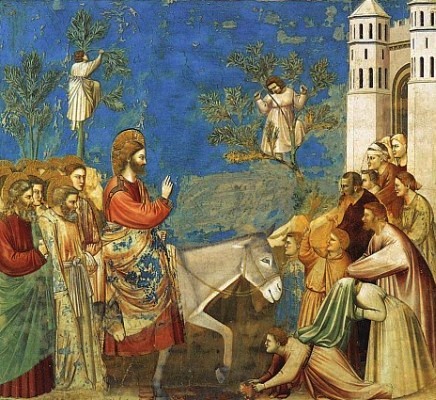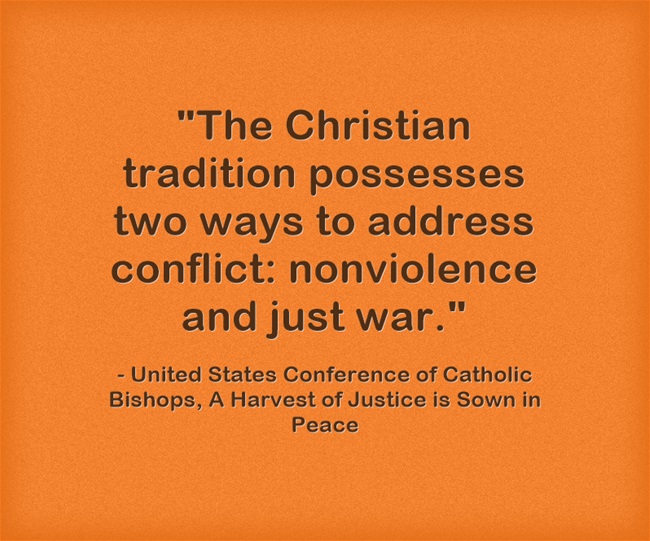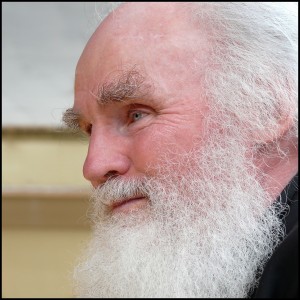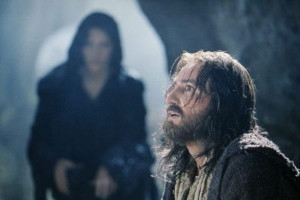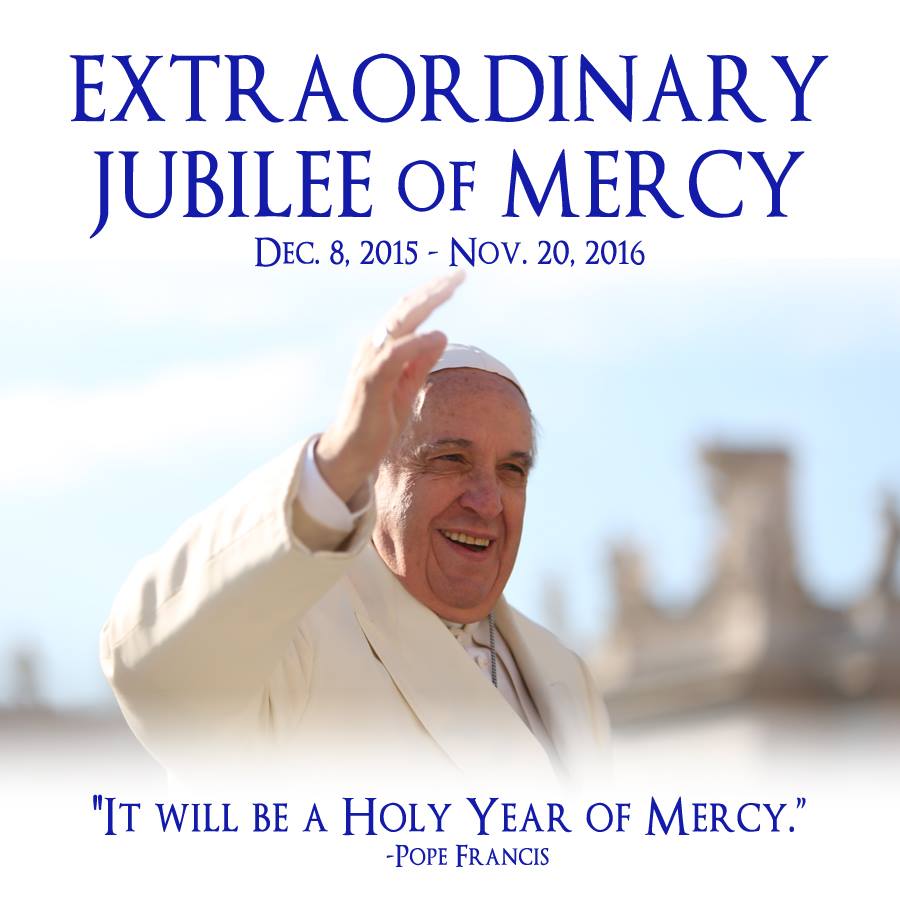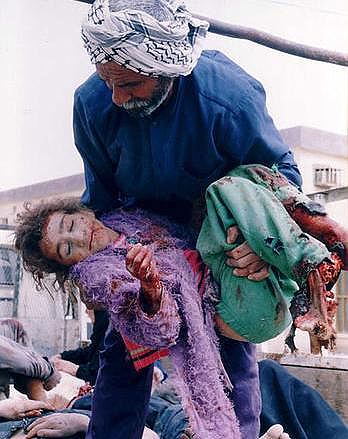The Horrible Tribe of the Medina-Ussah
by Thomas R. Eddlem
My name is Husan and I was from Kabul.
And I recall that terrible day of hell,
When the killers painted their name on that shell.
The day Papa was killed during Russian rule.
A boy of just four, I could not read nor write.
But I learned that the bombers weren’t from Russia
She read: it’s the tribe of “Medina-Ussah.”
When I brought the shell to my Meme that night.
I studied all of Islam’s holy Qu’ran
At a madrassah under the Taliban
But try as I might, and try as I could
Of the killing, of deaths I never understood
Why the foreign tribe of Medina-Ussah would.
How could a tribe named after Islam’s second-most holy city
Murder and kill an innocent peddler without pity?
Why would they do this to my home land?
And take the name of Muhammad’s Holy Land?
Years later, the Medina-Ussah returned.
When I was at school, and Meme at table.
New bombs at home with the same hated label
Except for that label, everything had burned.
So I found a job and raised a family,
When I left home, that land of unholy war,
As an orphan in the land of Peshawar.
Though I learned English there, I still didn’t see.
Because I studied Islam’s holy Qu’ran
At a madrasa under the Taliban.
And try as I might, and try as I could
Of the killing, of deaths I never understood
Why the foreign tribe of Medina-Ussah would.
How could a tribe named after Islam’s second-most holy city
Murder and kill my innocent Meme without pity?
Why would they do this to my home land?
And take the name of Muhammad’s Holy Land?
My only son would have turned eight yesterday.
He died instantly, mercifully by the flash
With that evil tribe’s label in the blast crash.
It was an accident, so officials say.
The Medina-Ussah, as Meme would say,
Bombed the child’s school and painted their name on top.
The same words I showed Meme in our bombed shop.
And I read the charred words “Made in U.S.A.”
I have long studied Islam’s holy Qu’ran
And I read English, or my friends say I can.
So with all my might, I still don’t understand.
Why all the killing and the drone strikes unmanned?
Collateral damage, the evil tribe’s brand.
This tribe was not named after Islam’s second-most holy city
But they still murdered and killed without pity.
Why would they do this to my new land?
Why does “Made in U.S.A.” take such a stand?
***************
Tom Eddlem writes for The New American and he is a U.S. history teacher in a Catholic high school south of Boston.
